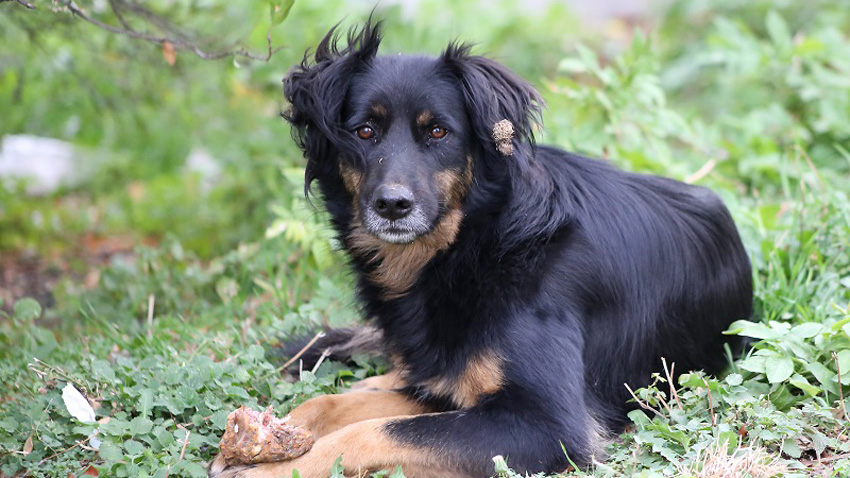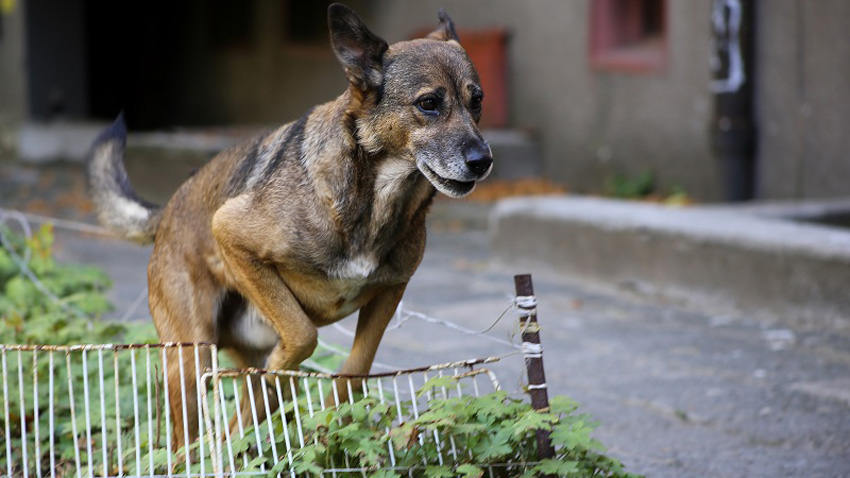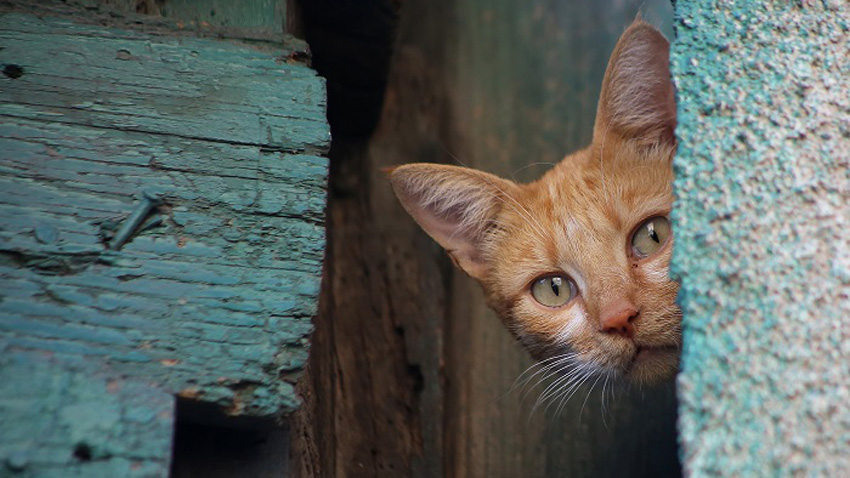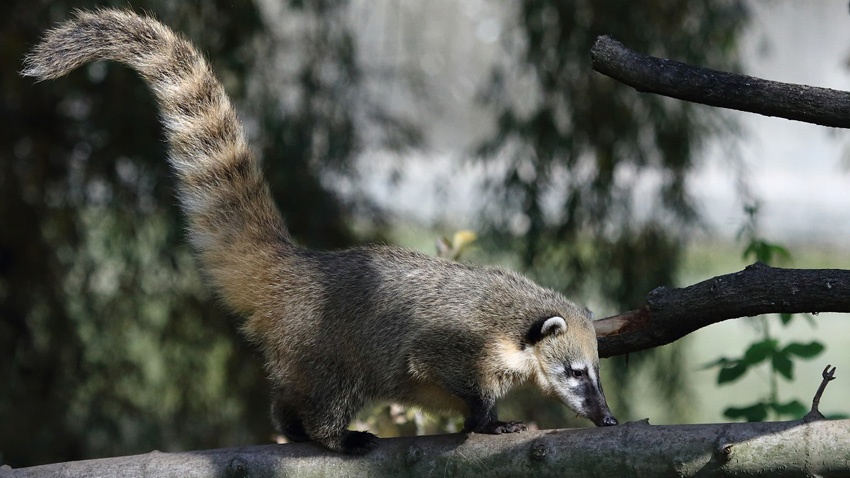His name is Marcel Fens, a Dutch freelance photographer who has lived in Bulgaria for 7 years now. An album of the man has been recently published by the Four Paws foundation and with the support of former Ombudsman Mr. Konstantin Penchev. The edition is named The Beautiful Stray Dogs of Sofia and all the photos inside have been donated to the NGO by Marcel. The photographer started to shoot stray dogs in the spring of 2013 with no concrete action plan. He soon realized he needed a more systematic approach and the capital was separated into different areason the map. By August 2015 the Dutchman had photos of 1,019 different dogs and 401 cats. My first question is what he sees in the eyes of these animals when pointing the lens at them. “Fear” is the answer, no matter the dog’s nationality – stray animals all around the globe look in the same manner at that alien in front, armed with some strange piece of appliance. The photographer laughs at my question whether he opts for dogs, because cats are faster and tougher to catch – it turns out he has enough material for a cat’s edition.

Still, what is the message of Marcel:

Marcel admits several attacks by models of his, but he has never been bitten. Two stray dogs attacked him once in Bulgaria, but the man succeeded in calming them down, making them lie on the ground and he even photographed the terrorists. However, his most stressful experience took place in our southern neighbor of Greece – four Thessaloniki dogs, chasing a cat, later on turned to the only man around – and that would be Marcel. He got rid of them thanks only to his impressive size and deep, strong voice…

Asked whether there is a similar problem with stray animals in the Netherlands, the photographer admits he has never seen a stray dog or a cat there, but on the other hand in Amsterdam for instance there are plenty of… stray parrots. Nobody knows their origin and the reason for their stay with the capital city, but the presence of the birds is constant.

Marcel Fens sees neutering as the only solution to the problem with stray dogs and cats in Bulgaria, which already gives results – and statistics proves his words.
Here is what the Dutchman says on his volunteering activities in this country:

Marcel laughs at the catchy /in his words/ question which his favorite spot for taking pictures around the globe is. He has visited a total of 67 countries, he has been to North Africa and Kenya several times, but each place has its own specifics, according to the professional photographer. In a couple of weeks he is going on a safari in India, hoping this time to shoot a tiger. His beautiful Bulgarian wife is the reason why Marcel is coming back to Sofia afterwards.
Photos: Marcel Fens
English: Zhivko Stanchev
Over 3.5 million Ukrainians have arrived in or passed through Bulgaria since the beginning of the war. Nearly 200,000 people have found temporary shelter in the country, announced Anna Tertychna from the Ukrainian Embassy in Bulgaria. She..
At the Bulgarian Embassy in London, Prof. Bettany Hughes presented excerpts from the new BBC series - Wonders of Bulgaria. Prof. Bettany Hughes is the author of two episodes of the documentary. Hughes is a historian, writer, author of..
According to the Annual Report on the Health Status of Bulgarian Citizens for 2023, t he main cause of death in Bulgaria is diseases of the cardiovascular system (61.1%), followed by oncological diseases (16.5%) and diseases of the respiratory system..
According to the Annual Report on the Health Status of Bulgarian Citizens for 2023, t he main cause of death in Bulgaria is diseases of the..
At the Bulgarian Embassy in London, Prof. Bettany Hughes presented excerpts from the new BBC series - Wonders of Bulgaria. Prof. Bettany..
Over 3.5 million Ukrainians have arrived in or passed through Bulgaria since the beginning of the war. Nearly 200,000 people have found temporary..

+359 2 9336 661
